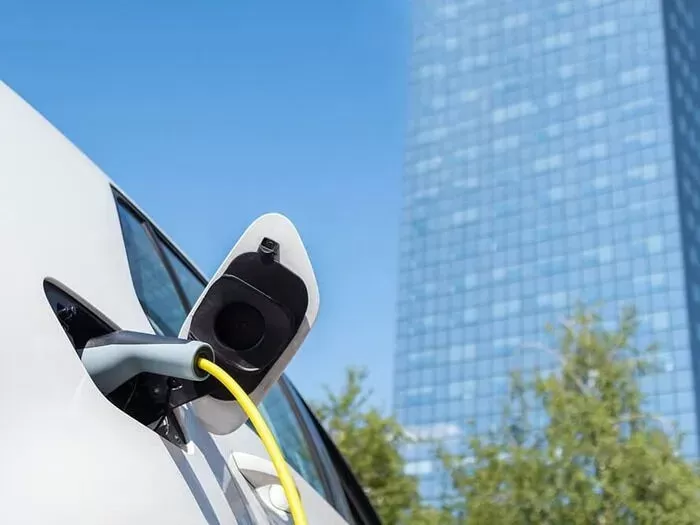Notifications

6 minutes, 17 seconds
-19 Views 0 Comments 0 Likes 0 Reviews

Topper Company, a leading EV charger manufacturer in China, provides reliable electric vehicle charging station equipment and comprehensive solutions.
The shift towards electric vehicles (EVs) is rapidly transforming the automotive landscape, and workplaces are recognizing the importance of supporting this transition. As more employees opt for EVs in their daily commutes, the demand for workplace charging solutions is growing. Employers are now tasked with providing convenient and efficient charging options that not only enhance employee satisfaction but also align with broader corporate sustainability goals. This article explores the increasing demand for workplace EV charging, the types available, emerging trends, and the benefits they offer to both businesses and employees.
Workplace EV charging involves the installation of electric vehicle charging stations at a company’s premises, allowing employees to conveniently charge their vehicles while they work. This infrastructure supports employees in their transition to electric vehicles, helping companies align with sustainability initiatives and reduce their carbon footprint.
There are several types of EV charging solutions available to businesses, each catering to different needs:
Level 1 charging uses a standard 120-volt outlet and is the most basic form of EV charging. While slow, it can provide around 4-5 miles of range per hour of charging. This type is ideal for workplaces where employees park overnight or for extended periods but may not be sufficient for midday recharging needs.
Level 2 chargers operate on a 240-volt power supply, offering faster charging—about 25 miles of range per hour. This option is perfect for workplaces where employees are parked for several hours and need a reliable charging solution. Most EVs can be fully charged in 4-8 hours using Level 2 charging stations.
DCFC stations provide rapid charging, allowing an EV to reach about 80% charge in 30 minutes or less. These stations are best suited for high-traffic locations that require quick turnaround times. However, they are more expensive to install and maintain and may require significant electrical upgrades.
Recent industry reports show that workplace EV charging installations have grown three times faster than public charging stations. This trend highlights the growing importance of providing employees with convenient charging options, especially as more companies prioritize sustainability.
In North America, charging demand in workplaces peaks midweek, particularly on Wednesdays. This reflects employees’ preferences for using their EVs during the workweek, making it essential for employers to align their charging infrastructure with these usage patterns.
In 2023, U.S. EV sales soared by 50%, positioning the country as a global leader in EV adoption. This surge, driven by improved technology, increased consumer awareness, and supportive policies, will further fuel the need for workplace charging solutions.
Workplace charging trends vary across different regions in the U.S. Cities with strong EV infrastructure and government incentives tend to see higher adoption rates of workplace charging stations. Understanding these regional differences helps businesses tailor their charging strategies for maximum impact.
Offering EV charging at the workplace allows companies to meet the growing demand for charging solutions while staying within budget. It provides a convenient and reliable option for employees, encouraging them to adopt more sustainable commuting habits.
Workplace charging stations can help businesses attract and retain top talent. With more job seekers prioritizing sustainability, offering EV charging can differentiate a company as a forward-thinking employer committed to environmental responsibility.
Workplace EV charging plays a key role in helping companies meet their sustainability targets. By reducing greenhouse gas emissions and promoting the use of electric vehicles, businesses can enhance their corporate reputation and show stakeholders their commitment to a greener future.
As the adoption of electric vehicles continues to rise, workplace EV charging solutions are becoming increasingly essential for businesses. With a variety of charging options available, companies can support their employees’ needs while contributing to sustainability goals. Understanding emerging trends and the benefits of workplace charging can help businesses create more attractive, environmentally responsible workplaces. By investing in EV charging infrastructure, companies position themselves as leaders in the transition to a greener future, benefiting both the planet and their workforce.Know more about Google SEO Directory
China EV Chargers EV Charger Manufacturer EV Charging Solutions

